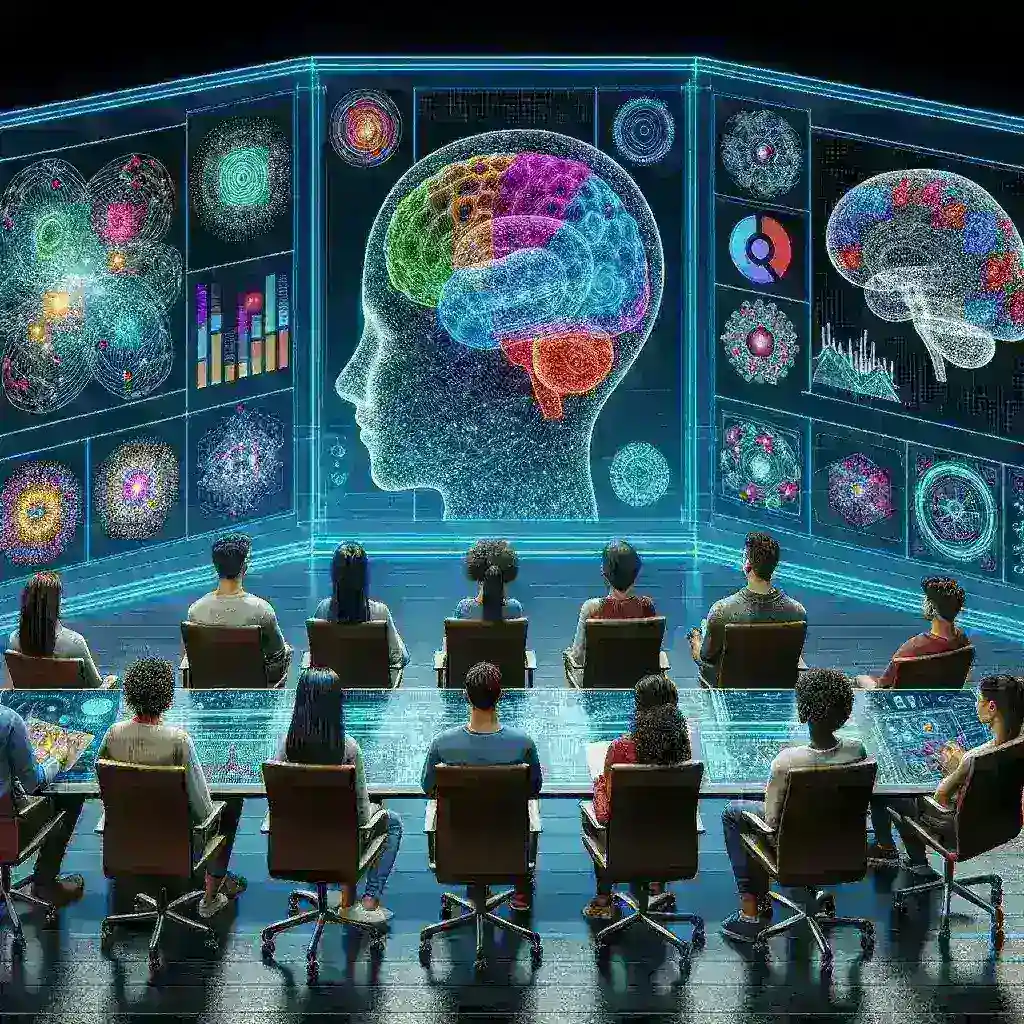Understanding Personalized Learning Algorithms
In an age where educational methodologies are constantly evolving, personalized learning algorithms have emerged as a revolutionary approach to tailoring learning experiences. These algorithms utilize data-driven insights to adapt educational content and strategies based on each learner’s unique cognitive styles. But what does this really mean for students and educators alike?
The Importance of Cognitive Styles
Cognitive styles refer to the preferred ways in which individuals process information. Understanding these styles is crucial in creating effective learning environments. Some learners may excel in visual learning, while others might benefit more from auditory or kinesthetic methods. By recognizing these differences, personalized learning algorithms can help educators craft tailored educational experiences that resonate with each student.
Types of Cognitive Styles
- Visual Learners: These learners prefer to see information presented in diagrams, charts, and illustrations.
- Auditory Learners: For these students, listening to lectures, discussions, and audio materials is most effective.
- Kinesthetic Learners: These learners thrive on hands-on experiences and physical engagement with the material.
- Reading/Writing Learners: Preferring text-based input, these learners excel when they read and write about the topics.
How Personalized Learning Algorithms Work
At the core of personalized learning algorithms lies the ability to gather and analyze vast amounts of data from student interactions. This data can include:
- Performance metrics on assessments
- Engagement levels during lessons
- Preferred learning methods
- Feedback from learners
By synthesizing this information, algorithms can identify trends and patterns in learning behaviors, allowing for a customized educational approach. For example, if a student consistently struggles with visual materials but excels in interactive activities, the algorithm can adjust the curriculum accordingly.
The Role of Machine Learning
Machine learning is an integral component of personalized learning algorithms. By employing advanced machine learning techniques, these systems can continuously improve their recommendations based on new data inputs. This dynamic capability not only enhances the personalization aspect but also ensures that the learning experience evolves with the student.
Benefits of Personalized Learning Algorithms
Implementing personalized learning algorithms in educational settings offers numerous benefits:
- Improved Engagement: By catering to individual preferences, students are more likely to stay engaged and motivated.
- Enhanced Learning Outcomes: Tailored content helps students grasp concepts more effectively, leading to better performance.
- Flexible Learning Paths: Students can progress at their own pace, allowing for mastery of topics before moving on.
- Support for Diverse Learners: Algorithms can accommodate students with different learning challenges, providing appropriate resources and methods.
Challenges and Considerations
While personalized learning algorithms present exciting opportunities, they are not without challenges:
- Data Privacy: The collection of student data raises concerns about privacy and security that must be addressed.
- Equity in Access: Not all students have equal access to technology, potentially widening the achievement gap.
- Resistance to Change: Educators and institutions may face challenges in adopting new technologies and methodologies.
Future Predictions for Personalized Learning
Looking ahead, the future of personalized learning algorithms appears promising. As technology continues to advance, we can expect:
- Greater Integration of AI: Artificial intelligence will play a significant role in refining algorithms and enhancing user experiences.
- Increased Customization: More sophisticated tools will allow for deeper personalization, catering to a wider variety of cognitive styles.
- Interconnected Learning Environments: The rise of online and hybrid learning models will enable more seamless integration of personalized learning.
In summary, personalized learning algorithms have the potential to revolutionize education by adapting to individual cognitive styles. As we continue to embrace technological advancements, it is crucial to prioritize ethical considerations, ensuring that all students benefit from these innovative approaches. The future of learning is bright, and with the right tools and insights, we can create environments where every student has the opportunity to thrive.

